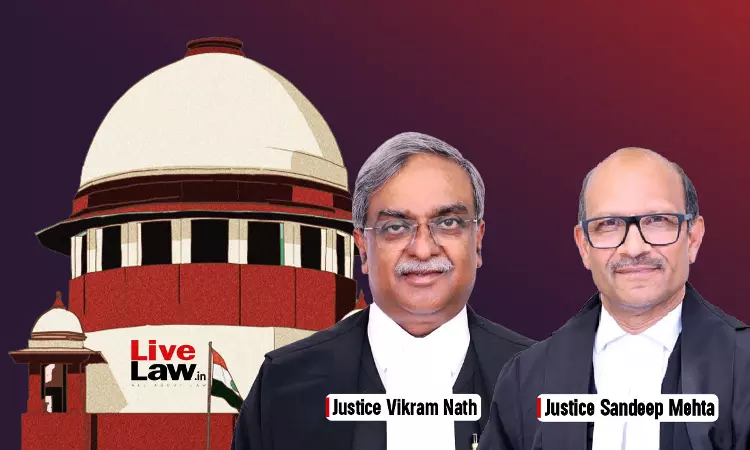Granting Bail In Dowry Death Cases Despite Evidence Of Direct Involvement Shakes Public Confidence In Judiciary : Supreme Court
LIVELAW NEWS NETWORK
3 March 2025 9:38 PM IST

In dowry-death cases, courts must be mindful of the broader societal impact and act with an abundance of caution, the Supreme Court said.
Next Story


